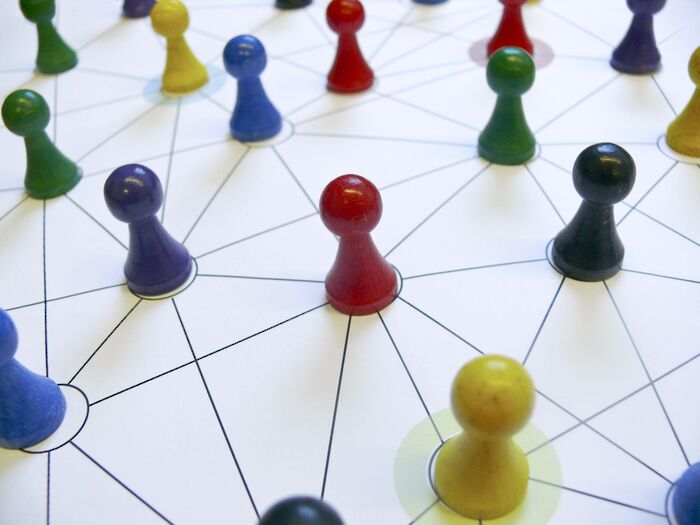Subversive social media: can Instagram art have a meaningful impact?
Beauty standards and taboos in the context of Instagram intimacy

Instagram provides an almost paradoxical platform for art, most particularly for erotic art and work showing the female form. Instagram is the home of airbrushing, photo editing and the Kardashians’ picture-perfect holiday snaps. It allows us to live vicariously through the flawless lives of celebrities and models. It is superficial, artificial and potentially damaging to the self-esteem of young people. Yet increasingly this perfection has been undermined by a collection of artists whose drawings break up the feed of airbrushing in order to shatter beauty standards and rewrite what it means to be sexy.
These artists are using Instagram as their own personal gallery. They are attempting to create a more authentic and genuine representation of the female body. One which is honest and true to life and does not conform to negative stereotypes about what a woman or a relationship should look like. An account such as this is Cambridge’s very own Girl Talk (@cambridgegirltalk) which is full of images deconstructing unrealistic beauty standards – for them just part of the process of bringing together self-identifying women and working together to make change.
Likewise, the colourful sketches of @riyahamid seek to represent depictions of women in everyday life. If these women are naked it is hardly ever in a move towards sexualising. These drawings are interspersed with her own personal photos, making her art have a more intimate feel. In fact, this is one of the major benefits of Instagram. The platform allows for an instant familiar feeling for these piece of art. Hanging in a gallery, there would usually be degree of distance between the art and the audience, both literally and figuratively. On Instagram, it is not a reserved aesthetic piece of art but takes on a personal quality.
Others focus on more erotic art, allowing for a new kind of Instagram voyeurism. It takes on a multitude of forms. For example, @blowupgun depicts his interwoven bodies in mostly black and white with stylised drawings erotic drawings. Meanwhile, perhaps the most famous account @alphachanneling depicts dreamy, surreal, almost playful, images.
Often this art focusses on abolishing taboos in certain cultures. @pigolin is one such man. His colourful illustrations express a kind of liberating sexuality in Chinese culture.
There exists another paradox, however. This platform is freeing, allowing female artist a certain degree of liberty in a male dominated art world (although intriguingly some of these erotic artists are male, for instance @alphachanneling). Yet it is also restricted by strict community guidelines. They read:
“We know that there are times when people might want to share nude images that are artistic or creative in nature, but for a variety of reasons, we don’t allow nudity on Instagram. [This] also includes some photos of female nipples, but photos of post-mastectomy scarring and women actively breastfeeding are allowed. Nudity in photos of paintings and sculptures is OK, too.”
This has caused an uproar and shouts to “free the nipple”. Restrictions on what one can and cannot post of a female body seem a ridiculous double standard and pose an idea of censorship which these artists are attempting to combat in a variety of ways. Instagram however have a right to take down any posts which violate their guidelines, or even disable or delete the account altogether. This makes it a precarious platform for erotic artists who are set to lose all their pictures if one post is deemed a violation.
Instagram is therefore an ironic platform for this art. It imposes almost as many restrictions as it allows for liberation. However, it does give artists a refreshing opportunity to protest the depiction of the female body – one which can be curated in any way they like and allows for immediate interaction with their audience.
 News / Downing Bar dodges college takeover31 January 2026
News / Downing Bar dodges college takeover31 January 2026 News / Deborah Prentice overtaken as highest-paid Russell Group VC2 February 2026
News / Deborah Prentice overtaken as highest-paid Russell Group VC2 February 2026 Fashion / A guide to Cambridge’s second-hand scene2 February 2026
Fashion / A guide to Cambridge’s second-hand scene2 February 2026 Comment / College rivalry should not become college snobbery30 January 2026
Comment / College rivalry should not become college snobbery30 January 2026 Lifestyle / Which Cambridge eatery are you?1 February 2026
Lifestyle / Which Cambridge eatery are you?1 February 2026









